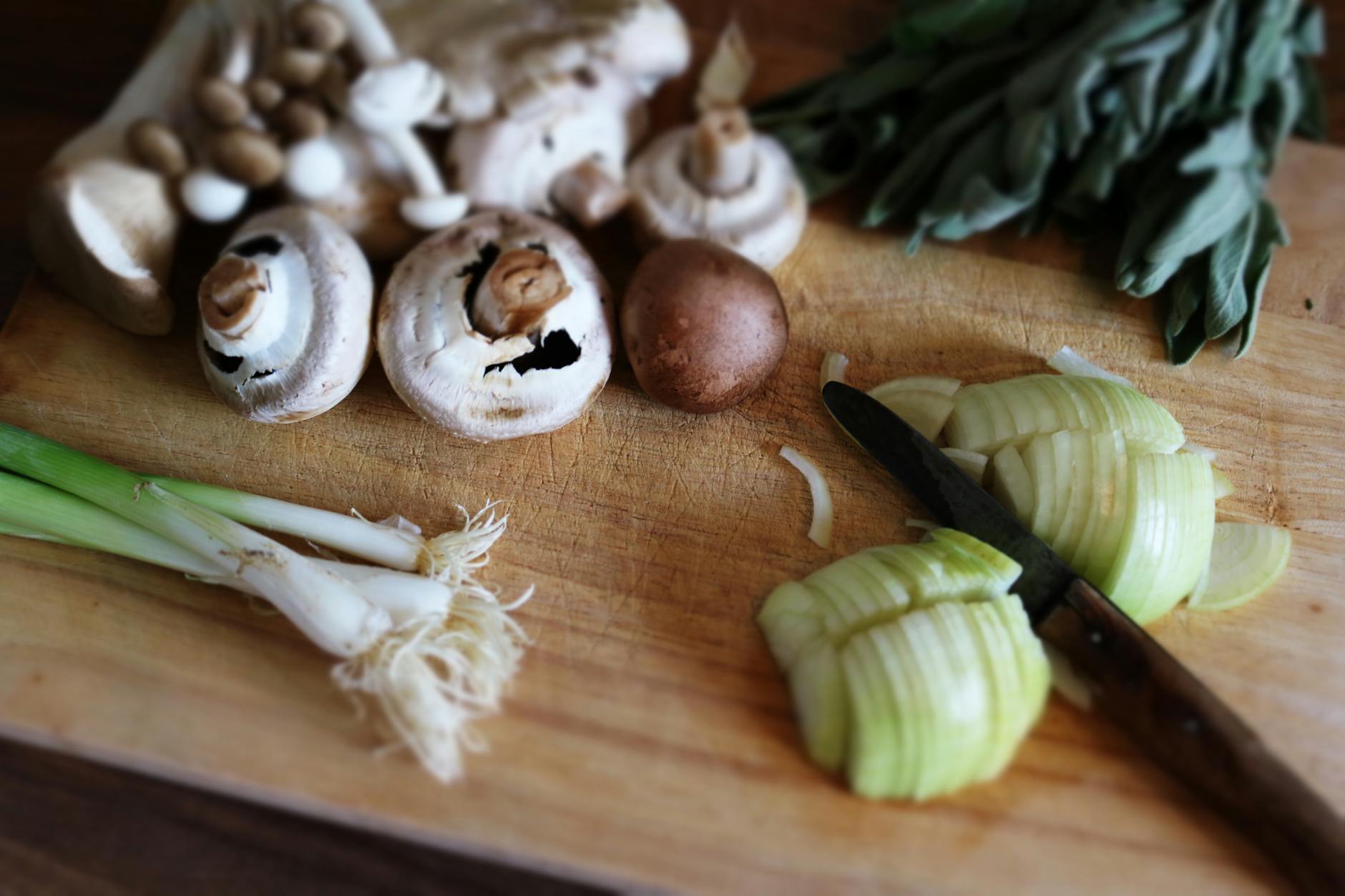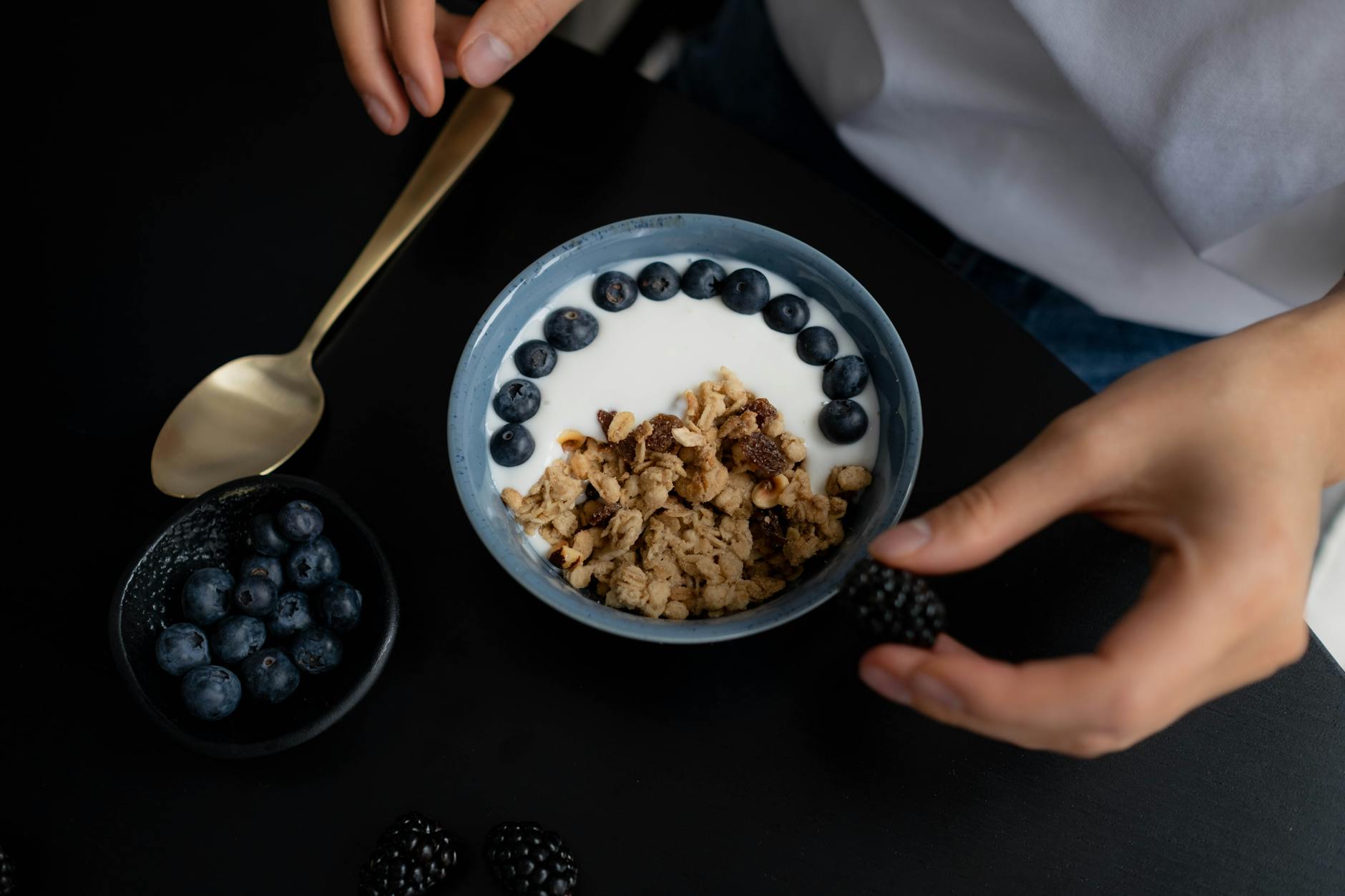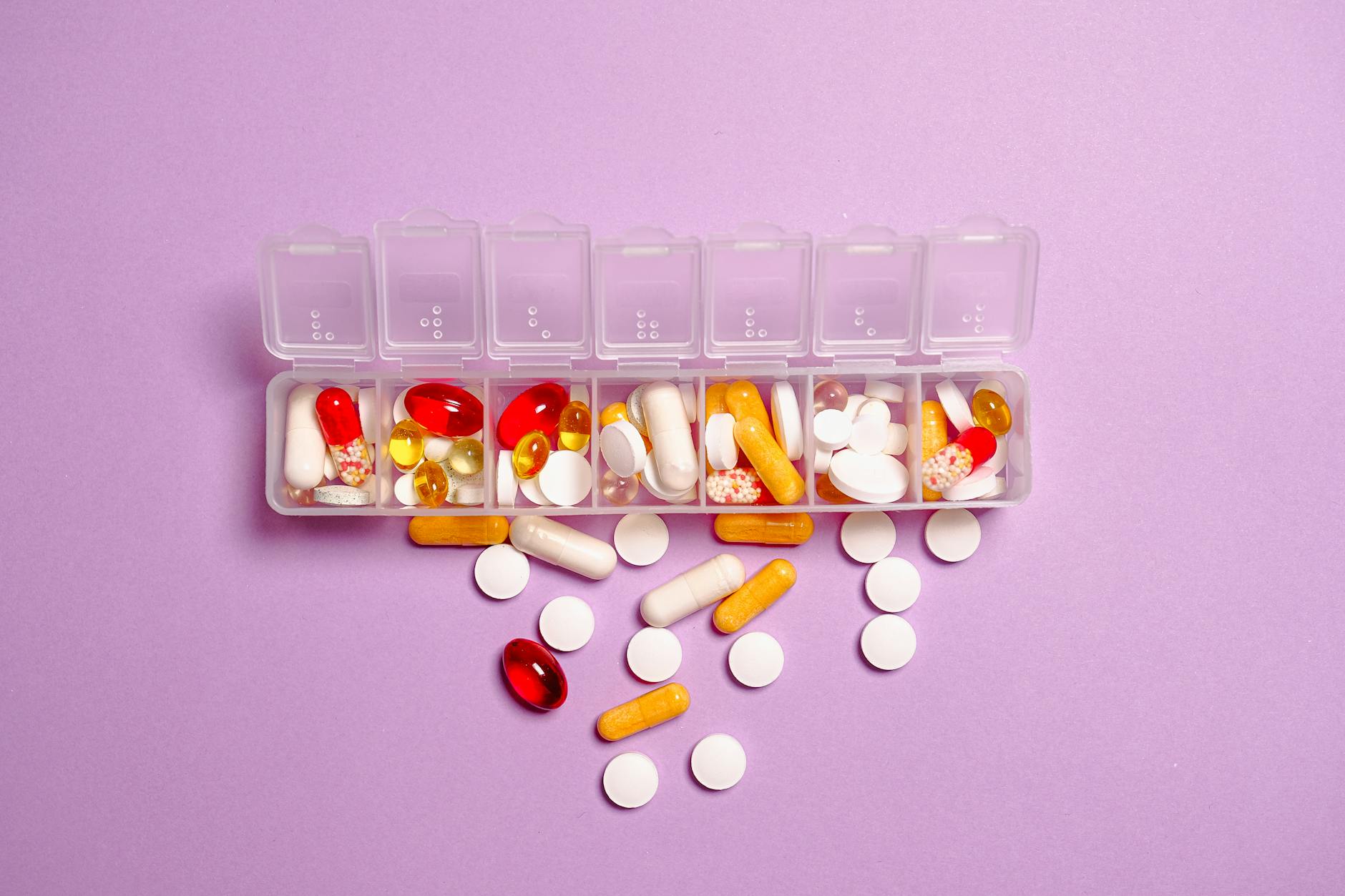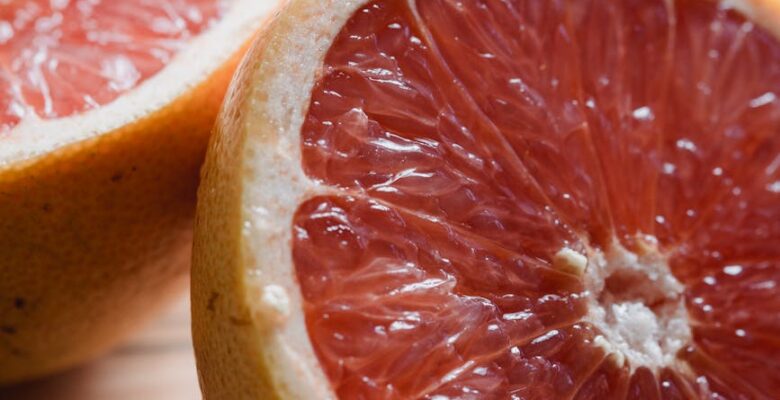A healthy liver can be maintained with a diet rich in whole grains, a variety of veggies and fruits, lean protein, and healthy fat. Although it may be alluring to attempt a limiting “cleanse” or “detox” in an attempt to enhance it, she cautions that “it’s not necessary and won’t be beneficial.”
The liver is in charge of more than 500 biological processes, such as controlling blood coagulation, storing glucose, and more, but blood filtration is its primary duty. More precisely, it prepares blood for use by the body’s other systems by processing it after it leaves the digestive tract and getting rid of toxins, drugs, and alcohol. According to Academy of Nutrition and Dietetics spokesman Kristen Smith, M.S., R.D.N., “the liver is our body’s natural detoxifying system.”
In addition, the organ produces cholesterol when the body requires it and eliminates excess cholesterol, says MyFitnessPal nutrition scientist and expert Stephanie Nelson, M.S., R.D. According to her, “It’s also involved in the metabolism of all three macronutrients: fat, carbohydrates, and protein.” Finally, bile produced by the liver facilitates the breakdown of lipids.
However, you can restrict—within reason—foods heavy in saturated fats and added sugars, such as soda, candies, butter, and fatty meats, as they can all eventually deteriorate liver function. That being said, while consuming a variety of the nutrient-dense foods on this list won’t harm your liver, no single meal can improve liver function on its own.

Cruciferous Veggies
Broccoli, cabbage, cauliflower, and Brussels sprouts are examples of cruciferous vegetables. These vegetables are rich in flavonoids, carotenoids, sulforaphane, and indoles, which are phytonutrients that your liver needs to help neutralize toxins, pesticides, medications, and carcinogens.
Indigole, a naturally occurring substance present in gut bacteria and the aforementioned vegetables, has been specifically shown to prevent and improve fatty liver disease in mice, a condition caused by a prolonged excess of saturated fat intake that inhibits liver function (Hepatology, 2020).
Broccoli has been shown in a different 2017 study that was published in the Journal of Functional Foods to help the liver detoxify and prevent fatty liver in mice.
leafy greens with dark greens
“Consuming dark leafy greens may help decrease your risk of certain types of liver disease,” Smith states. She continues, “Several studies have found that regularly consuming leafy greens boosts those chances.”
Seaweed
Antioxidants found in seaweed are good for people who have non-alcoholic fatty liver disease (NAFLD). Indeed, a 2020 study that was published in Liver International looked into the effects of seaweed consumption on a sizable adult population with NAFLD and discovered a negative correlation between the condition and seaweed consumption, particularly in those who were not fat.
Coffee
For people who already have liver disease, coffee (without added sugars or cream, of course) may be beneficial “by slowing the growth of scar tissue involved in fibrosis,” according to Smith.
Additionally, according to research, the beverage can lower liver enzymes, which may indicate less inflammation in the liver, says Debi Zvi, R.D., product director at Upward Farms and certified diabetes educator.
Almonds
“Nuts, such as almonds, are high in vitamin E and unsaturated fats, which may help the liver remove unwanted cholesterol from the body,” Smith explains. According to Melissa Rifkin, M.S., R.D., C.D.N., a nutrition specialist for Juice Plus+, nuts have also been linked to a lower incidence of NAFLD.
Microgreens and sprouted seeds
Micro Broccoli and other sprouted seeds and microgreens are rich in sulforaphane, an amino acid that has been shown to help treat fatty liver disease.
Garlic
Garlic, one of the world’s oldest medicinal foods, includes allicin, an active sulfur-based molecule that helps remove food additives and other similar substances from the body and is a crucial booster of liver detoxification. According to Rifkin, garlic has also been shown to help people with NAFLD lose weight.

Shallots, onions, and leeks
In spite of additional risk factors like obesity, hypercholesterolemia, and excessive fat and sugar intake, frequent onion consumption has been shown to prevent non-alcoholic fatty liver disease (NAFLD) in mice fed different diets, according to a 2018 study.
Grapefruit
Antioxidants included in grapefruit can shield the liver “and can also aid in protecting cells and in reducing inflammation,” according to Rifkin. It’s a vibrant way to start the day.
Eggs
Rich in cholesterol, choline, all eight essential amino acids, and other critical nutrients, eggs offer some of the best quality protein available. Studies reveal that a lack of choline can cause non-alcoholic fatty liver disease (NAFLD) since it supports certain hepatic filtration functions and metabolism.
heirloom tomatoes
Cynarin and silymarin, two phytonutrients included in artichokes, have been demonstrated to support liver health. According to research, silymarin in particular might lessen oxidative stress and the ensuing cell damage, shielding liver cells from harm.
Mushrooms
Animal research has repeatedly indicated that mushrooms may help treat liver illness. Although further human research is necessary, a 2020 study on Chinese individuals indicated a strong correlation between reduced prevalence of NAFLD and higher mushroom intake.
Berries
According to Smith, foods high in antioxidant polyphenols, such as raspberries, strawberries, and blueberries, may help lower the incidence of non-alcoholic fatty liver disease (NAFLD).
According to research, these berries’ polyphenols can treat metabolic abnormalities, which in turn shields the liver and may even prevent liver cancer.
Apples
Similar to berries, apples are rich in phenolic chemicals, such as flavonoids, which have anti-inflammatory properties. They also include pectin, which is an important soluble fiber source that benefits the liver and digestive system.
Beets
According to Rifkin, “beetroot can be either consumed whole or in juice. Beetroot contains nitrates and antioxidants that reduce damage in cells and inflammation,” which is beneficial to the liver.
Fermented foods like sauerkraut, miso, and kimchi
According to Nelson, foods high in probiotics can aid the liver’s ability to break down cholesterol. “Probiotics need to survive bile acids in the stomach in order to make it to your intestines to do their job,” she says. “Probiotics actually break down bile, preventing bile from breaking them down. Bile is made of cholesterol, so the more probiotics that break down bile, the more cholesterol the liver must spend to manufacture bile. If the body has too much cholesterol, this decreases it.”
Fermented or cultured foods high in probiotics include miso, sauerkraut, and kimchi, a popular Korean dish consisting of fermented cabbage.
Yogurt
Yogurt is another probiotic-rich meal that can assist the liver in breaking down cholesterol and reduce the risk of non-alcoholic fatty liver disease. I
n fact, studies have demonstrated that people with type 2 diabetes and high cholesterol experienced a reduction in cholesterol when they consumed yogurt.

Flaxseed
Fatty liver was considerably reduced in NAFLD patients after a 12-week dietary intervention with flaxseed, according to a 2020 randomized control trial.
Flaxseeds have also been linked to decreased inflammation and better lipid and glucose metabolism.
Hemp seeds
Hemp seeds are a good source of both omega-3 and omega-6 fats. A study conducted in 2020 discovered that by controlling oxidative stress and inflammation, hemp seeds can help prevent fatty liver disease, which is caused by a high-fat diet.
Chia Seeds
Chia seeds may help treat non-alcoholic fatty liver disease (NAFLD) since they are high in omega-3 fatty acids, antioxidants, and fiber. A daily intake of 25 grams of ground chia was linked to a 52% illness regression in a 2020 research of 25 individuals with the disorder.
Coconut Oil
Despite the paucity of studies on coconut oil and liver health, a 2018 study on rats with liver illness discovered that the disease spontaneously improved after four weeks of feeding them a high-glucose diet supplemented with coconut oil.
Avocado
Avocado is an essential source of monounsaturated fat high in oleic acid, which enhances lipid homeostasis, in addition to being delicious on toast.
In addition, avocado oil reduces liver illness by enhancing mitochondrial activity and oxidative stress, according to a 2022 rat study.
Extra virgin olive oil
Owing to its elevated levels of phenols and oleic acid, which are antioxidants also present in apples and berries, olive oil may offer hepatic function protection.
“Olive oil has been documented to aid in the prevention and resolution of liver damage and is an easy ingredient to incorporate into many meals,” Rifkin states.
You can cook with it, use it in a sauce, or drizzle it over a salad.
Ginger
People with NAFLD who consumed 2 g of ginger for three months saw significant reductions in fat buildup in the liver when compared to a placebo group in a 2016 randomized, double-blind, placebo-controlled pilot research.
Moreover, substances in the ginger root have been demonstrated to prevent cellular damage and decrease inflammation, both of which may have liver-protective benefits.
Oats
As a soluble fiber, oatmeal “is thought to have protective effects on liver damage and may also help prevent obesity, further supporting the liver,” according to Rifkin.
Combine
Cumin supplementation was found to lessen oxidative stress and liver damage in rats fed a high-fat diet in a study conducted in 2021. It is necessary to conduct more research to comprehend its effects on people.

Cardamom
In a small 2018 trial, for three months, 43 NAFLD patients with a body mass index of 25 or higher received two 500 mg cardamom capsules with meals three times a day.
During that period, hepatic inflammatory markers declined in comparison to the placebo group. The study also mentioned the gastroprotective and antioxidant properties of cardamom.
Ginger
Turmeric’s anti-inflammatory curcumin components have been demonstrated to aid in the management and treatment of liver diseases brought on by oxidative stress. More research is necessary to determine the preventative effects, though.
Fish
Fish is often high in protein and healthy. “Fatty fish, like salmon and mackerel, that contain omega-3 fats help reduce inflammation and lower liver fat and triglycerides in those with non-alcoholic fatty liver disease,” Rifkin states.
Tofu
A reduced prevalence of non-alcoholic fatty liver disease (NAFLD) in Chinese individuals was linked to a higher soy food intake, according to a 2020 cohort research involving over 25,000 participants.
Furthermore, it has been discovered that soy proteins, such as those in tofu, might enhance insulin resistance and boost antioxidant capacity, both of which help benefit liver disease.
Legumes and beans
Increased consumption of legumes, lentils, and beans was linked to a lower incidence of non-alcoholic fatty liver disease (NAFLD), according to a 2019 study comparing 803 control participants with roughly 200 adults with NAFLD.
Consuming adequate lentils and beans is also very simple. Add them to tacos for extra protein, simmer them in soups, or combine them with fresh veggies for a bean salad for lunch.
To Conclude
The greatest strategy to prevent liver disease and actively pursue a healthy lifestyle is to eat a well-balanced diet. The following suggestions will help maintain the liver’s functions in addition to eating healthful foods.
- Steer clear of illegal drugs.
- Moderate alcohol consumption
- Engage in regular exercise
- Observe Safe Sex
- Get the hepatitis A and B vaccine.
